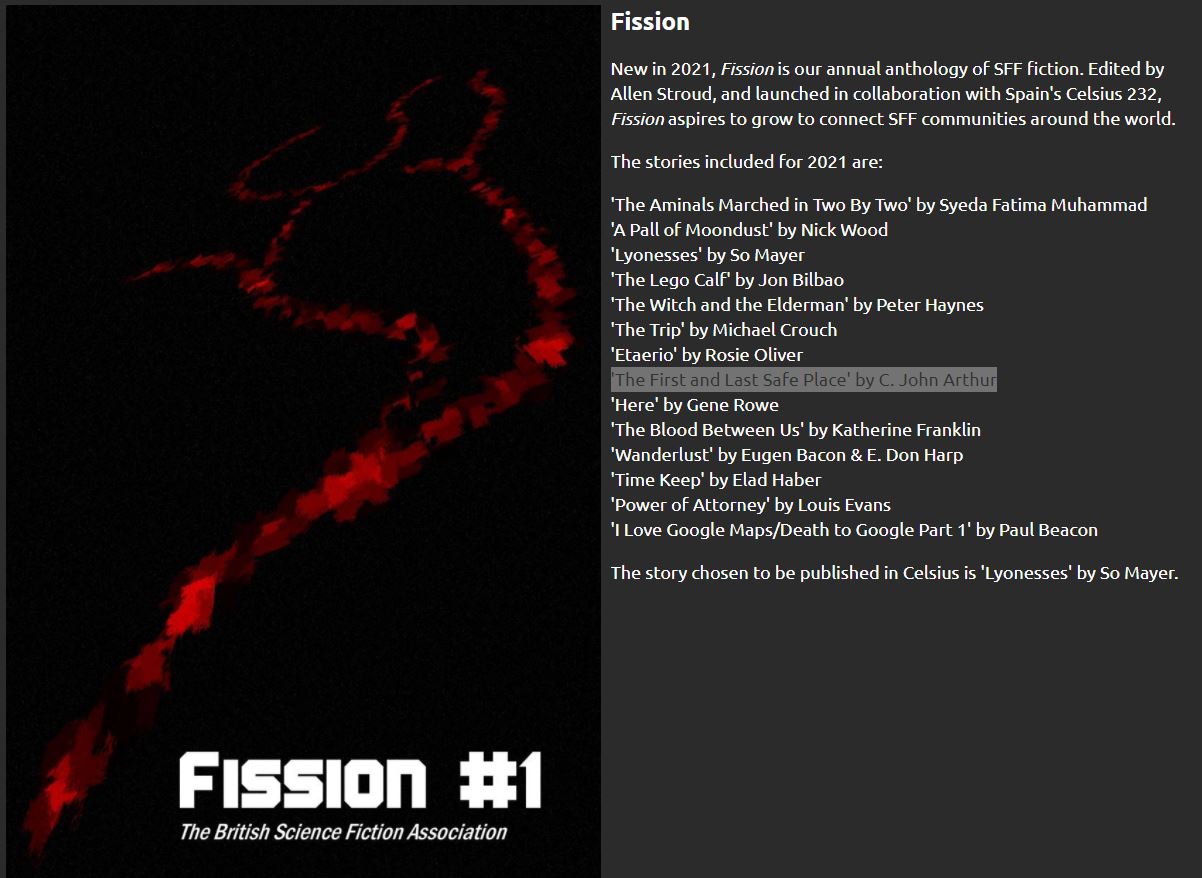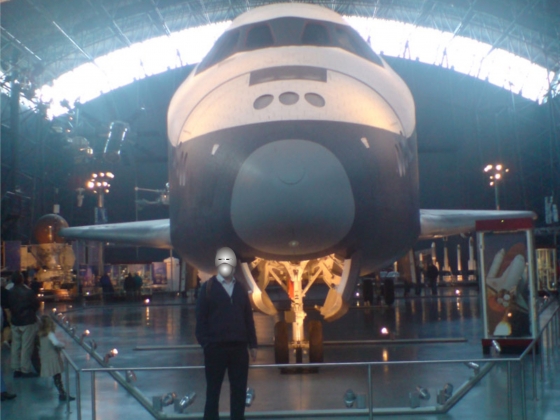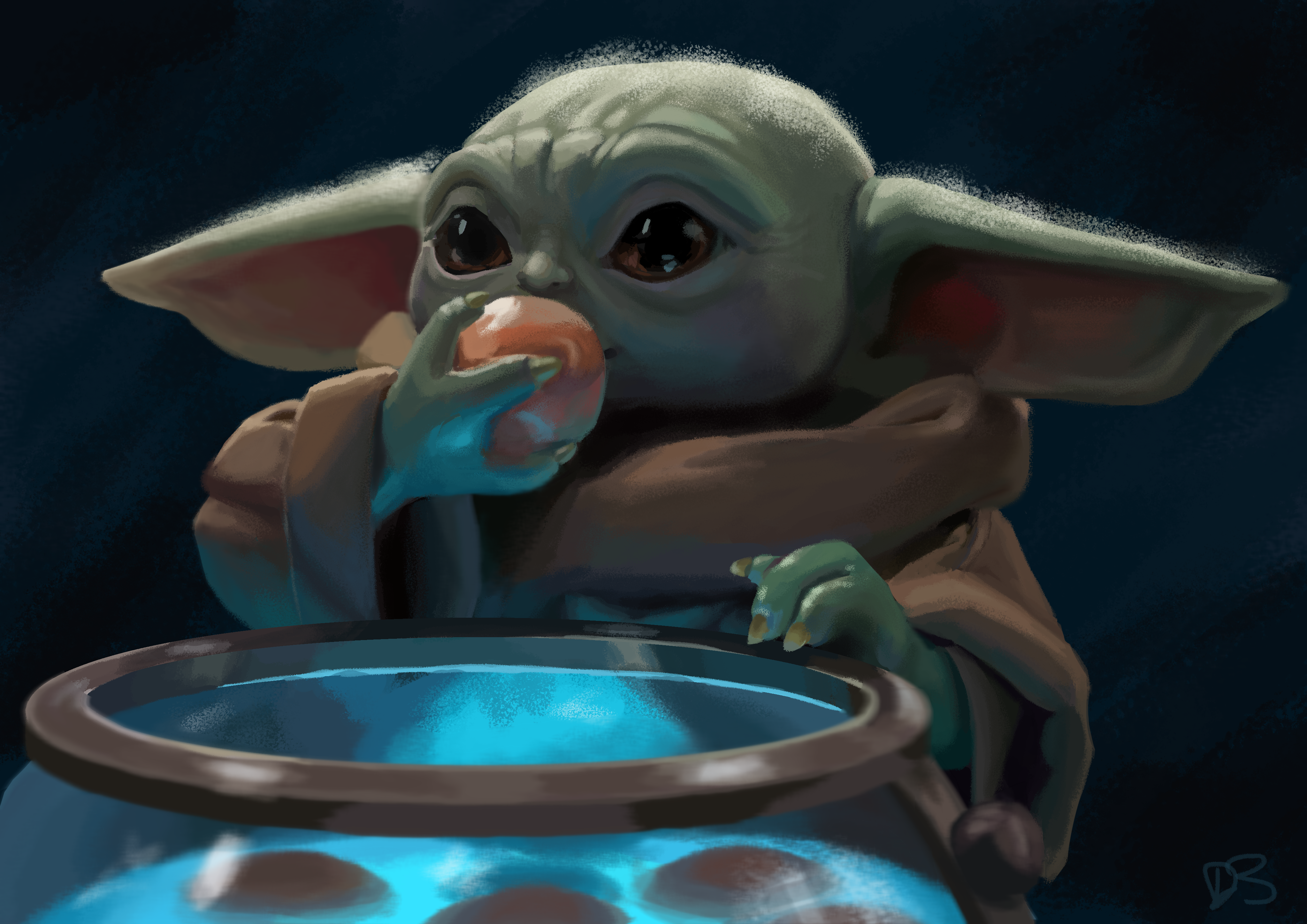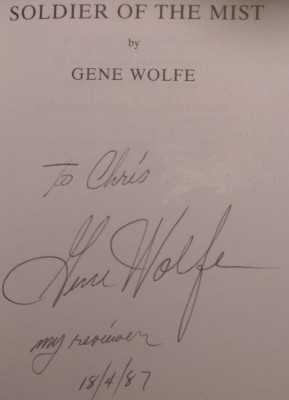If you’re new to this blog and have come as a result of my
interview with Andy Chamberlain on Creative Writers Podcast, welcome. As the
result of both my nervousness and the ensuing slips of memory, several helpful
things I wanted to say remained unsaid, particularly some practical tips—the
hallmark of the podcast. Therefore, I decided that I should use my blog to try
and rectify this and add value to the broadcast.
First, it’s important
to point out you cannot leave messages here. The blog is a side offering of my
web hotel and not set up for this. So if you wish to comment to me directly or
get in touch for other reasons please use
the following email: cj@cjohnarthur.com. Thanks.
A few extra tips and tricks…
Book circle:
Another element that has helped me on my writing journey is a Science Fiction
book circle. We meet once a month and discuss a chosen SF or, less commonly, a
fantasy novel. This has been useful in
two ways. In general, the process of reading and writing go together. I’m not a
quick reader and once I started writing,
a book a month is all I could manage. More particularly, since most of the time
it’s not necessarily my choice, we’ve read a diverse selection of different writers.
Left to my own devices, I would probably just
follow my favourite authors. This venue has given me an appreciation of the
current SF scene. Especially when you are writing genre fiction, it’s important to know what’s current as always what you
write is a conversation with an existing
body of work. During recent years writers of literary fiction have produced
genre tinged works that seem to ignore this kind of dialogue.
The consultation of
experts: I realised early on that I
would need to talk to some professionals in the areas the book touches. First
and foremost, of course, a policeman. Before I started to write the book seriously, I met a couple of times with a
Stockholm police inspector, firstly over lunch—always a good ploy when
somebody’s doing you a big favour. I outlined the basic plot of the first
section and heard from him more about how the Swedish police work in practice. This is different from the UK, though the
overall legal structure has some similarities with the Scottish system and that
from the US. Especially new to me was the relationship between the prosecutor
and the police. I can also draw on a Swedish prosecutor who is an established
member of SF fandom. However, as she has said, even Swedish police procedurals
struggle to portray the relationship between the prosecutors and police
correctly. Fortunately, my police inspector thought there was some flexibility
as the story was set sometime in the
future! As a result of my first meeting with him,
I got invited for a tour of the central police station where both he and my
fictional inspector are based. Regarding
the issue of prostitution, I’ve had my
friend who works helping people trapped in sex-trafficking look through the
drafts and make comments.
Grammarly: As I noted in the podcast, my meticulous English
teacher was replaced by a hippy with a much more relaxed attitude to grammar.
Grammarly is an online application that helps keep me right in this area. There’s
a free version (which is worth trying out) and
a paid for version that gives a lot more features and can be incorporated into MS Word. It’s
not foolproof grammar checking, and
occasionally I disagree with it and go to grammar books, but as a first-line
resource, I find it valuable.
Scrivener and
E-books: I referred to the writing program Scrivener several times during
the podcast often commenting that I would get back to it—but I never did. At
the recommendation of British writer Ian McDonald, I use this cheap writing
program ($45) for all my work, both short and long. It’s available for both Mac
and PC here: https://www.literatureandlatte.com/scrivener/overview.
In my short fiction what I liked about it is that you write your text and then
the program exports it in standard manuscript format, ready for submission. It
comes into its own though when planning and executing a longer work like a
novel. You can easily break things down into Chapters and scenes; there’s a cork board display which enables
you to organise Chapters/scenes at a
glance. There’s also a separate section where you can put research material
including pictures. All this information is kept together in one file.
There is one other way I use Scrivener in the process of
writing a novel which I think could be a generally
useful tip. Scrivener exports to standard ebook format, epub, and also Kindle Mobi format (but Kindle export requires an
additional program KindleGen which you can download for free from Amazon—see
more information in Appendix below). This export function I use in two ways.
1. When I have written a few chapters,
I export to an ebook format (usually Kindle, i.e.
Mobi format). You’ll be amazed how much
you can spot regarding errors when
reading your manuscript like a traditional book. Several Ebook readers are free
as is the Kindle app. The best reading device is some kind of pad or an actual Kindle, but with the screen size of modern
mobile phones, these are also now widely
available reading devices, and readers
exist for both iPhone, Android and of course Windows.
2. The ebook exports I can send to my beta readers, and it’s possible for them to introduce
comments and markup. This is how my both
my wife and daughter have read my book and given feedback. I use an Android pad, my wife uses her iPad, and my daughter uses her iPhone 6.
Miscellaneous resources
I used writing resources
available in book form or online, to stop me making fundamental mistakes with POV,
show vs tell etc. as well as to hone my craft.
Creative writers toolbelt Podcast (https://ajc-cwt-001.podomatic.com)
and book
Writing Excuses Podcast: www.writingexcuses.com
Books
Self-Editing for Fiction Writers, Renni Browne and Dave King –it has been said that if you can only buy one book on writing, this is it.
Readers Digest books by Nancy Kress, Orson Scott Card, Jeff Gerke-
the Card book is SF and fantasy orientated the other two writers have produced
works suitable for all genres but have SF
and Fantasy in their backgrounds.
Appendix: Exporting to Kindle Mobi
format using Scrivener.
The first thing you need to do is go to the Amazon website
(I used Amazon.com, I don’t know if it’s
also there on amazon.co.uk.). Search for KindleGen, download the file, unzip it
into a subdirectory where you can easily find it when selecting it from within
Scrivener. If you are in Scrivener, you can go to the compile selection found at the bottom of the File tab. Since I seem to have
KindleGen installed on all the computers that I use Scrivener on, I can’t quite remember how I set it up, but I
seem to recall that if you select Mobi (Kindle) to compile to, it prompts you
to find KindleGen. For this reason, I Googled it and found this helpful webpage
with illustrations.
http://susanrussoanderson.com/2018/09/18/how-to-compile-a-sparkling-mobi-in-scrivener-for-windows/
There are also several tutorials on YouTube if you search
KindleGen and Scrivner there.
NOTE I always get
an error message when exporting to Kindle format due to the fact I don’t have a
cover! And in terms of my experience level,
I have never tried to make a ‘proper ebook’ for public release. Looking at what
comes out in either epub or Mobi (Kindle
format) suggest that I need to do further optimisation
for a completely clean layout…;-)
P.S. And finally…
On the podcast, I forgot to
mention some important influences, most notably the father of Cyberspace,
William Gibson and also, because my focus was on SF and not Fantasy, C.S. Lewis.
Compiled in several different anthologies is a transcript of a recording made
by SF author Brian Aldiss featuring himself, Lewis and Kingsley Amis. This discussion
took place in C.S. Lewis’s study towards the end of his life. It’s worth reading
if you have interest in SF and/or any of the three authors mentioned.



 His books were never bestsellers in the
His books were never bestsellers in the